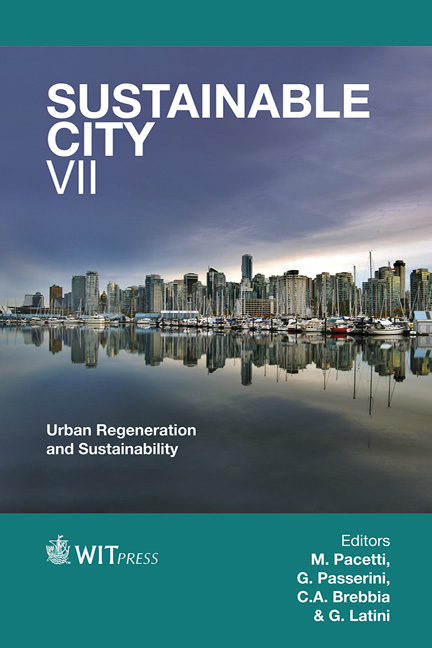The Role Of The Informer In User Behaviour
Price
Free (open access)
Transaction
Volume
155
Pages
14
Page Range
1027 - 1040
Published
2012
Size
1,122 kb
Paper DOI
10.2495/SC120862
Copyright
WIT Press
Author(s)
F. Russo & G. Chilà
Abstract
In this paper a statistical analysis of stated behaviour in emergency conditions is proposed. The analyzed sample is extracted by people participating in a planning transport seminar in June 2011. The analysis is finalized to evaluate user behaviour in evacuation conditions in relation to formal transportation decisions and in respect of the type of informer and the kind of dangerous event. Obtained results show especially the importance of the informer. Keywords: evacuation conditions, hypothetical scenarios. 1 Introduction In the last few years, several scientific papers have focused on evacuation simulation in emergency conditions. The simulation of user behaviour during an evacuation is a very complex problem, as the behaviour depends on different factors, such as the kind and entity of the dangerous event; socio-economic characteristics of users; panic. Demand models specified and calibrated in ordinary conditions cannot be directly applied for several reasons [1, 2]. The international literature relating to evacuation conditions proposes many studies which focus on the hurricane emergency case, by estimating demand models based on revealed preference (RP) surveys. These are inferred from observations of a decision maker’s actual choices, in relation to real contexts. In much of the literature, two users’ decisions are simulated: whether to evacuate and when. These decisions are generally simulated through a statistical approach, using simple relationships such as averages, rates and distributions [3, 4]. A different way is to specify a model in which the analyst introduces a probabilistic approach and hypothesizes the user decision [5]. In relation to destination choice simulation, a disaggregate choice model for hurricane
Keywords
evacuation conditions, hypothetical scenarios.





